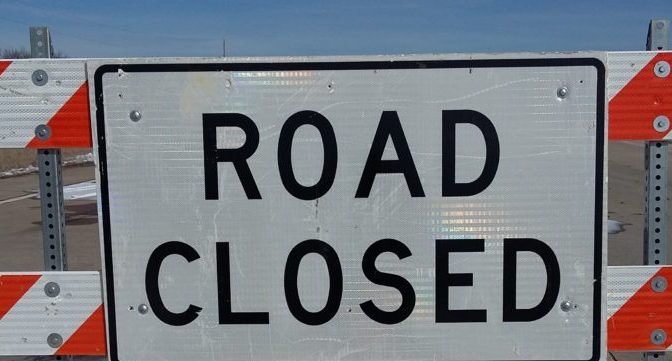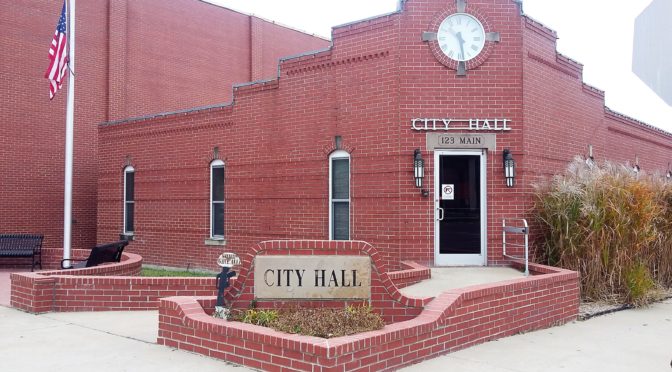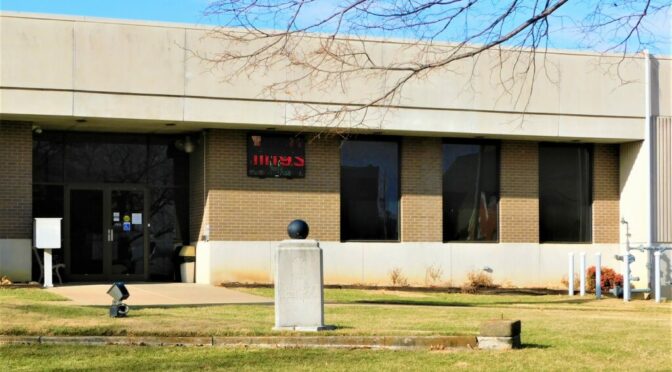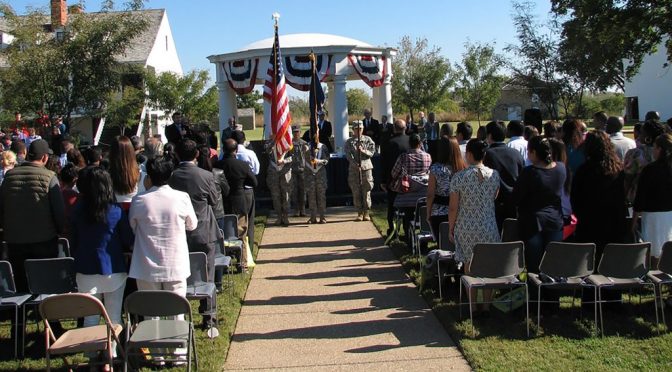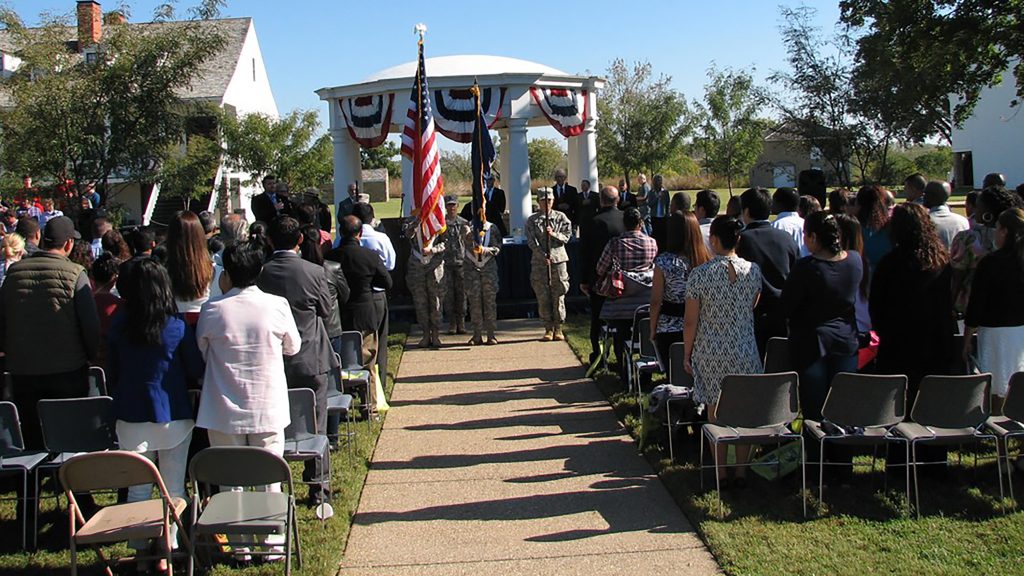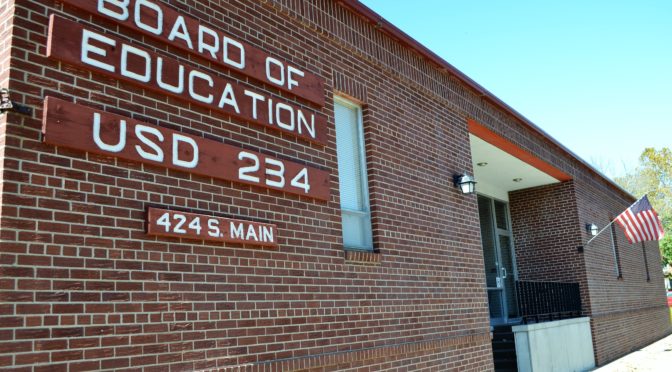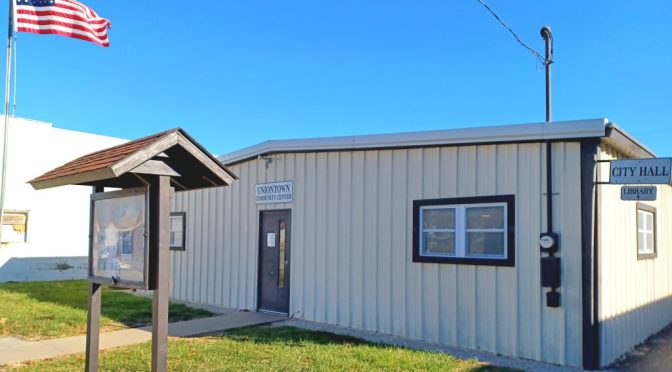CITY OF FORT SCOTT CITY COMMISSION MEETING
Minutes of September 3, 2024 Regular Meeting
The regular meeting of the Fort Scott City Commission was held September 3, 2024, at 6:00PM in the City Commission Meeting Room at City Hall, 123 S. Main Street, Fort Scott, Kansas. Meeting available on City of Fort Scott YouTube Channel. Time stamps according to recording.
Meeting called to order at 6:00PM. Commissioners Tim VanHoecke, Dyllon Olson, Matthew Wells and Kathryn Salsbury were present with Mayor Tracy Dancer.
Audience in Attendance – Brad Matkin/City Manager, Bob Farmer/City Attorney, Jason Dickman/City Engineer-Earles Engineering, Jason Pickert/Police Chief, , Leroy Kruger/Codes Enforcement, Devin Tally/City Finance Manager, Ben Hart/Baker Tilly Municipal Advisors, LLC, Jessica Oliphant/Baker Tilly Municipal Advisors, LLC, Garth Herrmann, Esq./Gilmore & Bell, Lisa Lewis/City Clerk, Cory Bryars, Don Tucker, Jean Tucker, Richard Clark, Dana Davis, Janet Davis, Diane Striler, Colleen Quick, Lindsay Madison, David Lipe, Roger Harris, John Schwartz, Kathy Schwartz, Kevin Allen and Bob Talbot.
- Dancer led the Pledge of Allegiance and said a prayer asking God for guidance for the City, our Government and City officials.
Approval of Agenda – (Time stamp 2:49)
MOTION: M. Wells moved to approve the agenda as presented. T. VanHoecke seconded the motion. All voted yes.
MOTION PASSED BY 5-0 VOTE.
Approval of Consent Agenda – (Time stamp 2:56)
Approval of Appropriation Ordinance 1367-A – Expense Approval Report – Payment Dates of August 15, 2024 – August 2024 – $1,831,904.90
Approval of Minutes for August 6, 2024, Regular Meeting – August 20, 2024, Regular Meeting.
Request to Pay – Earles Engineering, Inc. – Invoice No. 17444 – Project No. 24-414 – Horton St. & 6th St. Improvements – $33,805.45
Request to Pay – Heck & Wicker, Inc. – Payment No. 2 – $282,995.42
Request to Pay – Olsson – Project #021-06610 Fort Scott KS Rehabilitate Runway and Taxiway – AIP Project No. 3-20-0022-021 (Design) AIP Project No. 3-20-0022-023 (Construction) Summary No. 17 – Professional Services rendered through May 4, 2024 – Invoice No. 497880 – $5,735.07
Request to Pay – Olsson – Project #021-06610 Fort Scott KS Rehabilitate Runway and Taxiway – AIP Project No. 3-20-0022-021 (Design) AIP Project No. 3-20-0022-023 (Construction) Summary No. 18 – Professional Services rendered through June 8, 2024 – Invoice No. 501825-Final – $16,815.60
Request to Pay – Emery Sapp & Sons, Inc. – Project #021-06610 Fort Scott KS Rehabilitate Runway 18/36 and Taxiways (Asphalt Overlay) – AIP Project No. 3-20-0022-023 (Construction) – Invoice No. 4 – Work Completed through May 3, 2024 – $154,949.84
MOTION: M. Wells moved to approve all Items A through G in toto for the Consent Agenda. T. VanHoecke seconded the motion. All voted yes.
MOTION PASSED BY 5-0 VOTE.
Cory Bryars – (Time stamp 5:27) – addressed the Commission to remind everyone about the upcoming Fort Fest 24 at Riverfront Park.
James Wood/Owner of Holmtown Pub – (Time stamp 7:13) – (Cory Bryars spoke in his absence) – 206 N. National – Temporary Street Closure –September 9, 2024 – 4:00PM to 9:00PM – Pine Street from National to alley Special Event: ‘Straight Outta Clarksdale’.
MOTION: M. Wells moved to approve the street closure request. D. Olson seconded the motion. All voted yes.
MOTION PASSED BY 5-0 VOTE.
Diane Striler – Update on Downtown Ice Rink MOU – (Time stamp 9:49) – appeared before the Commission to present the updated MOU which named the (2) parties of the Memorandum of Understanding to be between the City of Fort Scott and the Fort Scott Area Chamber Committee and the timeline will be from the week of Thanksgiving through the first weekend of January.
MOTION: T. VanHoecke moved to approve the MOU for the Fort Scott Downtown Seasonal Skating Rink. M. Wells seconded the motion. All voted yes.
MOTION PASSED BY 5-0 VOTE.
Consideration to Approve Ordinance No. 3770 – Land Bank Board of Trustees – Appointment – Terms – Dissolution – Tabled from August 20, 2024 – D. Olson
MOTION: M. Wells moved to approve Ordinance No. 3770 reducing the number of board members to five (5). D. Olson seconded the motion. All voted yes.
MOTION PASSED BY 5-0 VOTE.
Update of 118 E. Wall – (Time stamp 20:58) – L. Kruger addressed the Commission to request a Special Commission Meeting to accommodate the owner of 118 E. Wall. The Special Commission Meeting will be held on Monday, September 9, 2024, 6:00PM at City Hall.
A discussion was had regarding the status of the situation, the Commission’s intentions for the meeting and the potential outcome.
- Famer requested to move Item H up in the agenda.
MOTION: D. Olson moved to amend the agenda and bring Item H and Item K to the next order of business. T. VanHoecke seconded the motion. All voted yes.
MOTION PASSED BY 5-0 VOTE.
Consideration of Resolution No. 25-2024 – RHID – Housing Needs Resolution – A RESOLUTION MAKING CERTAIN FINDINGS AND DETERMINATIONS AS TO THE NEED FOR HOUSING WITHIN THE CITY FOR FORT SCOTT, KANSAS AND SETTING FORTH THE LEGAL DESCRIPTION OF REAL PROPERTY PROPOSED TO BE DESIGNATED AS ONE OR MORE REINVESTMENT HOUSING INCENTIVE DISTRICTS WITHIN THE CITY–(Time stamp 34:05) – G. Herrmann appeared before the Commission to present the resolution requested for a Reinvestment Housing Incentive District of three (3) tracts of land.
Discussion was had about including the second story downtown district and others who have expressed interest in the RHID.
MOTION: D. Olson moved to approve Resolution No. 25-2024 as presented. T. VanHoecke seconded the motion. All voted yes.
MOTION PASSED BY 5-0 VOTE.
Consideration to research legal requirements and estimated legal costs for the City of Fort Scott to annex southward from the currently southernmost City limits along Jayhawk Road and eastward to envelop the Fort Scott Municipal Airport, Lake Fort Scott, and City-owned land adjacent to Lake Fort Scott – (Time stamp 45:26) – It was explained that this agenda item is intended to research the legal requirements and costs to annex properties, squaring the boundaries of the City, and the potential tax income. No action was to be taken at this meeting.
ACTION: B. Farmer is directed to research the topic for consideration.
Several residents wished to address the Commission regarding annexation.
- Allen – (Time stamp 50:25) stated that the City needs to address current problems in the City before moving toward annexation.
Unidentified Citizen No. 1 – (Time stamp 52:07) – stated the land description for the item should be west/westward and not east/eastward. The correction was accepted by the Mayor.
Unidentified Citizen No. 2 – (Time stamp 52:21) – questioned the reason for annexation, agreement that the lake is primarily the drinking water resource and concerns about the lack of enforcement at the lake.
Dana Davis – (Time stamp 59:47) – addressed the Commission regarding lost revenue due to lack of boat permit enforcement especially to non-residents.
Harold Martin – (Time stamp 1:05:30) – addressed the Commission regarding the dissolution of the Lake Advisory Board and his previous appearances.
Consideration of Proposed Change of Zoning Regulations – Article 20: Supplemental District Regulations – Section 7: Accessory Uses – Storage Containers – (Time stamp 1:10:41) – L. Kruger was directed by B. Matkin to research what other cities do regarding the use of Connex boxes due to popularity. He provided the information to the Commission. He stated that the wording of the current zoning regulation needs to be amended in order to enforce the regulation.
ACTION: L. Kruger and B. Matkin were directed to research enforceable ordinances regarding this type of storage with one coming from Kansas City.
- Madison – (Time stamp 1:22:48) – asked for clarification regarding this type of storage in the historic district. She is concerned about the ones she currently sees downtown.
- Matkin left the meeting (Time stamp 1:24:15)
Consideration of Resolution No. 19-2024 – Demolition Proceedings for 1721 E. Wall – (Time stamp 1:22:34)
MOTION: T. VanHoecke moved to approve Resolution No. 19-2024.
- Salsbury seconded the motion. All voted yes.
MOTION PASSED BY 5-0 VOTE.
Consideration of Resolution No. 20-2024 – Demolition Proceedings for 323 W. Wall – (Time stamp 1:25:56)
- Matkin returned to the meeting (Time stamp 1:26:36).
MOTION: T. VanHoecke moved to approve Resolution No. 20-2024. D. Olson seconded the motion. K. Salsbury, T. VanHoecke, D. Olson and T. Dancer voted yes. M. Wells voted no.
MOTION PASSED BY 4-1 VOTE.
Consideration of Resolution No. 21-2024 – Demolition Proceedings for 1619 E. Pine – (Time stamp 1:27:10)
MOTION: T. VanHoecke moved to approve Resolution No. 21-2024. D. Olson seconded the motion. All voted yes.
MOTION PASSED BY 5-0 VOTE.
Consideration of Resolution No. 22-2024 – Demolition Proceedings for 1105 Scott (Time stamp 1:28:14)
MOTION: T. VanHoecke moved to approve Resolution No. 22-2024. D. Olson seconded the motion. D. Olson, T. VanHoecke, and T. Dancer voted yes. M. Wells and K. Salsbury voted no.
MOTION PASSED BY 3-2 VOTE.
Consideration of Resolution No. 23-2024 – Demolition Proceedings for 402 S. Lowman (Time stamp 1:29:57)
MOTION: T. VanHoecke moved to approve Resolution No. 23-2024. M. Wells seconded the motion. All voted yes.
MOTION PASSED BY 5-0 VOTE.
Consideration of Resolution No. 24-2024 – Demolition Proceedings for 418 S. Couch – (Time stamp 1:31:34)
MOTION: D. Olson moved to approve Resolution No. 24-2024. K. Salsbury seconded the motion. K. Salsbury, T. VanHoecke, D. Olson and T. Dancer voted yes. M. Wells voted no.
MOTION PASSED BY 4-1 VOTE.
Consideration of Change Order No. 1 – Project No. 22049 Horton St. & 6th St. Improvements – Contract No. 6 U-2455-01 – Heck & Wicker, Inc.-Additional Inlet Protection, Concrete Pipe Encasement, Sanitary Sewer Service, Extra Pothole Work at 8th & Horton, Tree Removal at 7th & Horton– $4,810.00 (Time stamp 1:34:25)- J. Dickman
MOTION: M. Wells moved to approve Change Order No. 1 for Project No. 6 U-2455-01 for $4,810.00. K. Salsbury seconded the motion. All voted yes.
MOTION PASSED BY 5-0 VOTE.
Brick Street Policy Revisions Discussion – (Time stamp 1:36:20) – B. Matkin explained that the proposal to concrete the intersections of the brick streets was not in the current policy and would need to be amended if approved.
- VanHoecke left the meeting (Time stamp 1:36:43)
- Wells explained the benefit to concreting the intersections and how it would be completed.
- VanHoecke returned to the meeting (Time stamp 1:38:08)
Further discussion was had about the proposed amendment to the policy.
(Time stamp 1:45:11) – B. Talbott was recognized to address the Commission to suggest an aerator for the rearing pond at the lake to conserve water.
ACTION: B. Matkin will provide the list of questionable intersections for the Commission’s consideration. M. Wells stated that according to Item B of Amendment No. 1 of the Brick Street Policy, the intersection is allowed if it is deemed necessary.
Public Hearing: 2025 Budget Hearing
MOTION: T. VanHoecke moved to open the public hearing at 7:50PM (Time stamp 1:50:50). M. Wells seconded the motion. All voted yes.
MOTION PASSED BY 5-0 VOTE.
Consideration of Resolution No. 26-2024 – A RESOLUTION TO EXCEED THE REVENUE NEUTRAL RATE – Discussion was had regarding the decision.
There were no public comments.
MOTION: T. VanHoecke moved to close the public hearing at 8:09PM (Time stamp 2:09:15). D. Olson seconded the motion. All voted yes.
MOTION PASSED BY 5-0 VOTE.
- Wells left the meeting at Time stamp 2:11:23 and returned at 2:12:44.
MOTION: T. VanHoecke moved to approve Resolution No. 26-2024 – A Resolution to Exceed the Revenue Neutral Rate at 44.208 mills. K. Salsbury seconded the motion. K. Salsbury, T. VanHoecke and T. Dancer voted yes. M. Wells and D. Olson voted no.
MOTION PASSED BY 3-2 VOTE.
- Farmer left the meeting at Time stamp 2:19:58 and returned at 2:22:12
PUBLIC HEARING: Consideration to Adopt the 2025 Budget – B. Hart
MOTION: T. VanHoecke moved to open the public hearing at 8:23PM (Time stamp 2:23:16). M. Wells seconded the motion. All voted yes.
MOTION PASSED BY 5-0 VOTE.
There were no public comments.
MOTION: T. VanHoecke moved to open the public hearing at 8:24PM (Time stamp 2:24:50). M. Wells seconded the motion. All voted yes.
MOTION PASSED BY 5-0 VOTE.
MOTION: T. VanHoecke moved to adopt the 2025 Budget as presented by Baker Tilly (Time stamp 2:2510). K. Salsbury seconded the motion.
- VanHoecke, K. Salsbury, and T. Dancer voted yes. M. Wells and D. Olson voted no.
MOTION PASSED BY 3-2 VOTE.
City Manager Comments – (Time stamp 2:26:19)
- Memorial Hall repairs
- IT Support options
- Dispatch concerns
- Cape Seal pre-construction meeting
Engineering Comments – (Time stamp 2:32:17)
- Horton Street Project update
- CCLIP next phase
Commissioners Comments
- Wells – (Time stamp 2:34:35) – Budget comments
- VanHoecke – (Time stamp 2:36:26) – Budget comments
- Olson – (Time stamp 2:38:44) – No comment
- Salsbury – (Time stamp 2:38:46) – Budget comments, lake lot encroachments
- Dancer – (Time stamp 2:44:57) – Meeting take aways and suggestions for future discussions for Commission.
Special Meeting set for Monday, September 9, 2024, at 6:00PM for the purpose of discussing 118 E. Wall Street building status.
City Attorney Comments – (Time stamp 2:50:14) – No comment
MOTION: – T. VanHoecke moved to adjourn the meeting at 8:50PM – (Time stamp 2:50:43) – D. Olson seconded the motion. All voted yes.
SEPTEMBER 3, 2024, MEETING ADJOURNED AT 8:50PM.
NEXT MEETING: MONDAY, SEPTEMBER 9, 2024, 6:00PM AT CITY HALL
_______________________________________________________________________
Submitted by:
Lisa A. Lewis
